The Town Hall Discussion was held on September 26th, with a great support by our local partner the Center for Sustainable Community Development in Debar. Stella Town Hall Discussions are open for all and the idea is to create a safe and friendly environment for an open and inclusive social dialogue about the situations women and girls face in the academic, professional and everyday life in their communities.
Nora Taravari, who is a Doctor of Science at the Department of European Integration and Communications, was the first speaker. She shared her story and explained the obstacles she faced at work. ‘It is very hard to be successful when your husband is a public person, and society rules the stereotype that one women is successful because of her husband’s success,’ she explained. Nora discussed the family responsibilities and the challenges that come as children grow older. She had very difficult times as she was working in Skopje and all of her family was in Gostivar. ‘However hard it may be, if you really want something you should never give up and I am sure you will achieve that,’ she ended her presentation.
Ljupka Ljubinovska, an activist and psychologist in a primary school, talked about the bullying that young girls suffer at school and the problems they face from an young age. There are several cases where girls even in primary school are getting married, not by their will, but by the will of their parents, she stated. However, the support among the girls in her school is at a very high level, with them protecting each other and being each others’ biggest support.
The participants shared personal stories about how young women are changing the stereotype that women should only care about domestic work duties and they do not need to have a career, as well as the stereotype related to choosing partners from diverse ethnic or religious backgrounds. Young women are fighting against the stereotypes and are shaping a whole new set of community values that break with the old traditional stereotypes.

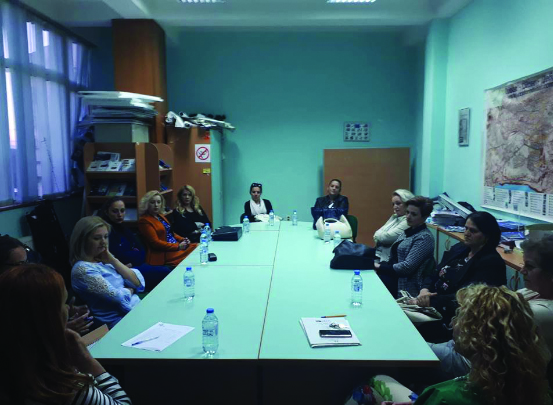
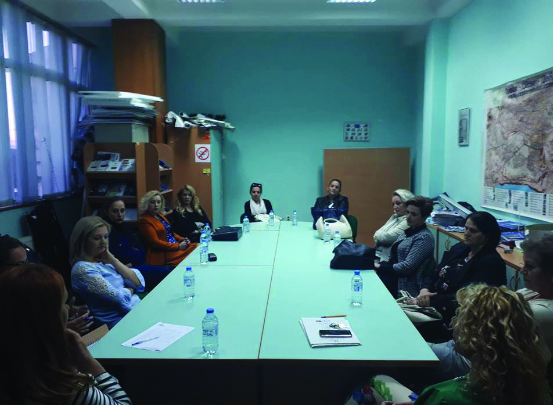
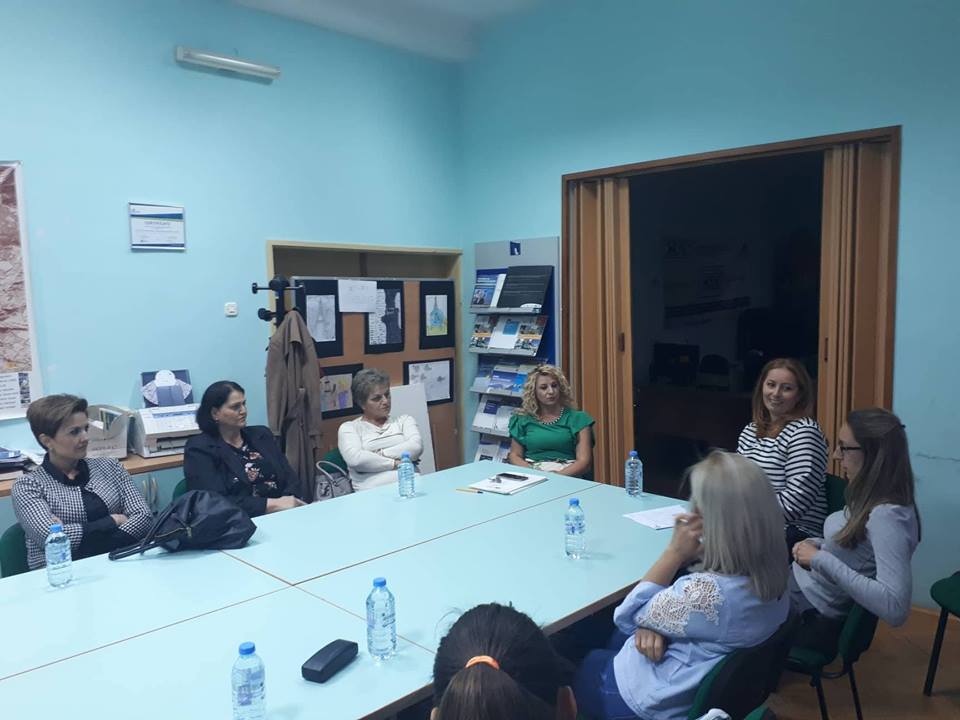
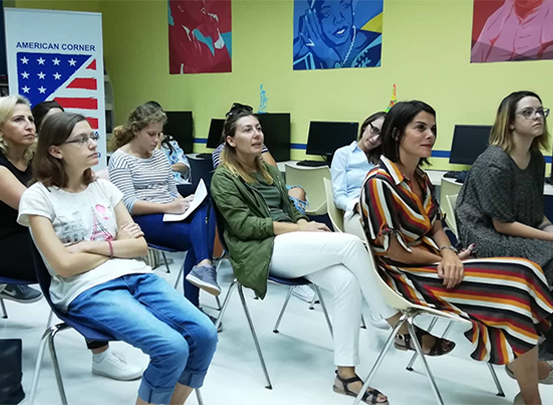
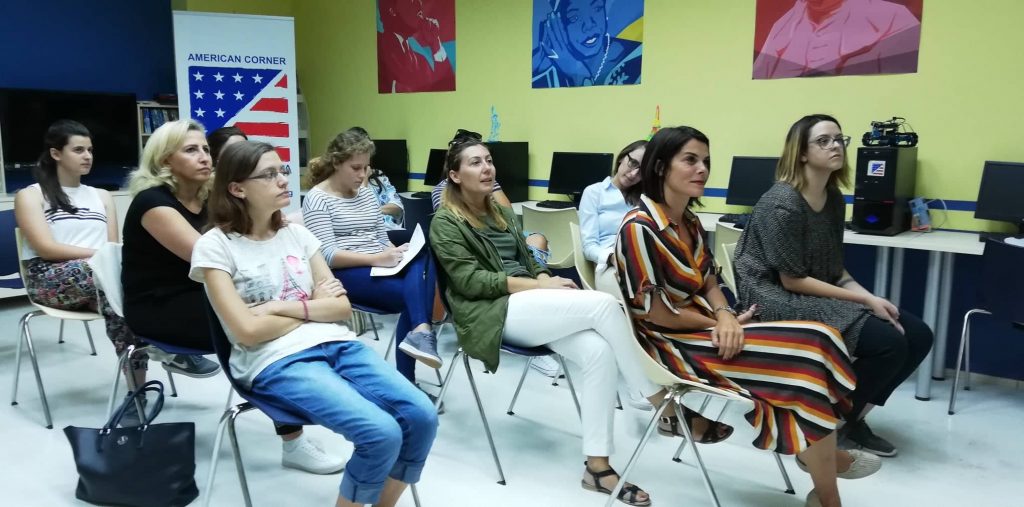
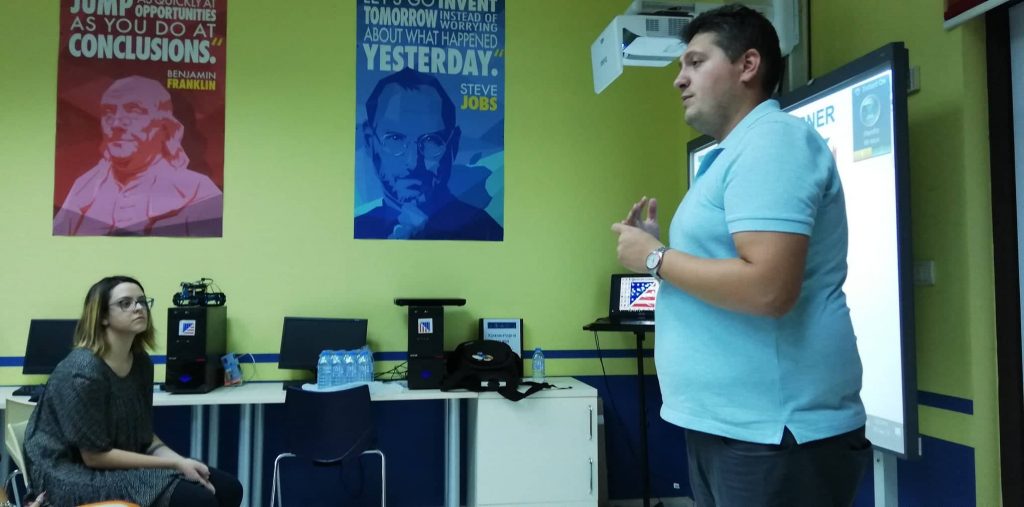

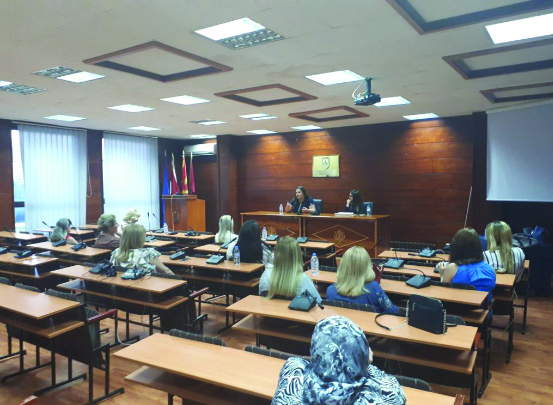
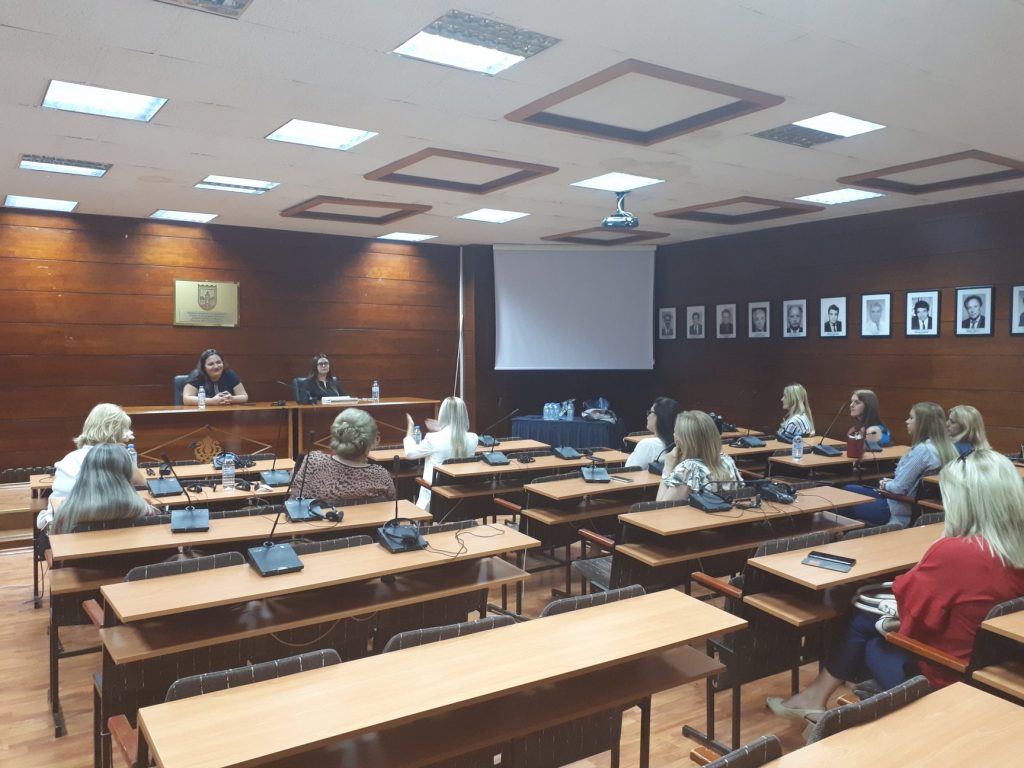
Recent Comments